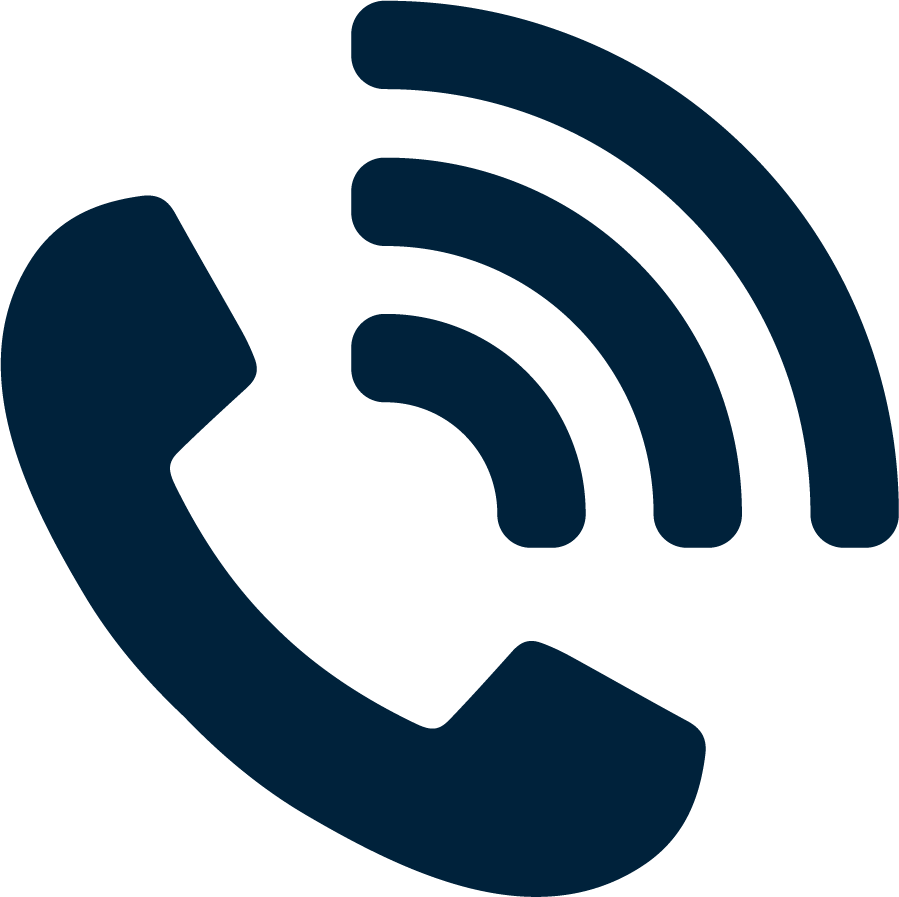Home » Eye Disease
Diseases of the eye are more common as we age and in those with underlying health problems. If you experience vision changes, eye pain or other unusual symptoms, call us at Sun Laser Vision Center to schedule an exam. An eye exam can help diagnose and treat diseases of the eye, potentially saving your vision and improving your quality of life.
Why Do People Develop Disease of the Eye?
There are many diseases that can develop in the eyes. Certain eye diseases can be more common in children or adults or in different ethnicities. Eye diseases become more common as we age, are often due to poor circulation or other medical conditions or are caused by genetics. Eye diseases can affect vision, cause discomfort or even disfigurement. When left untreated, some eye diseases can lead to permanent vision loss.
Many eye diseases can be successfully treated and sometimes cured when caught early. Early detection and regular exams can be critical in diagnosing and treating eye diseases and is the best way to maintain your vision and eye health.
What are the most common eye diseases?
The most common eye diseases include:
What Are the Symptoms of Diseases of the Eye?
- Poor vision
- Vision changes or vision loss
- Eye pain or headache
- Wavy or distorted vision
- Flashing lights in vision
- Floaters
- Blind spots
- Halos around lights
Anyone can develop an eye disease, but certain things raise your risk of getting them. Examples include a family history of eye diseases, older age, diabetes, past eye surgeries, and previous eye injuries.
How Does My Eye Doctor Diagnose Eye Disease?
To find out if you have an eye disease your ophthalmologist or optometrist will review your medical history, test your vision and eye pressure and assess your eye health by examining them with a microscope called the slit lamp. Eye exams usually involve dilation of the pupil using drops. If indicated your doctor may suggest tests to help clarify if you have a suspected disease or the current severity of the disease. Once your eye exam and testing is complete, your doctor will suggest treatment options if needed.
Expect your full exam to last 1 to 2 hours. It takes about 30 minutes for the pupils to dilate. It’s always recommended that you have somebody drive you home after your exam because your vision will be blurred by the dilation.
Eye exams are usually painless but you may notice some dryness or irritation after the exam. Your near vision will be blurry for several hours after the exam.
How Are Eye Diseases Treated?
Your personalized eye disease treatment depends on what eye disease you have and how severe it is. Your ophthalmologist could recommend:
- Monitoring the condition
- Contact lenses
- Eyeglasses
- Medications
- Eyedrops
- Eye surgery
- Treatment by another specialist
Please keep your recommended follow-up to monitor your progress or if necessary to make changes to your treatment. Follow-up helps to ensure you are on the right course.
Early detection and treatment of eye disease is the best way to protect your vision and lower the chance of vision loss or blindness. Call sun laser vision center today to schedule an appointment.








